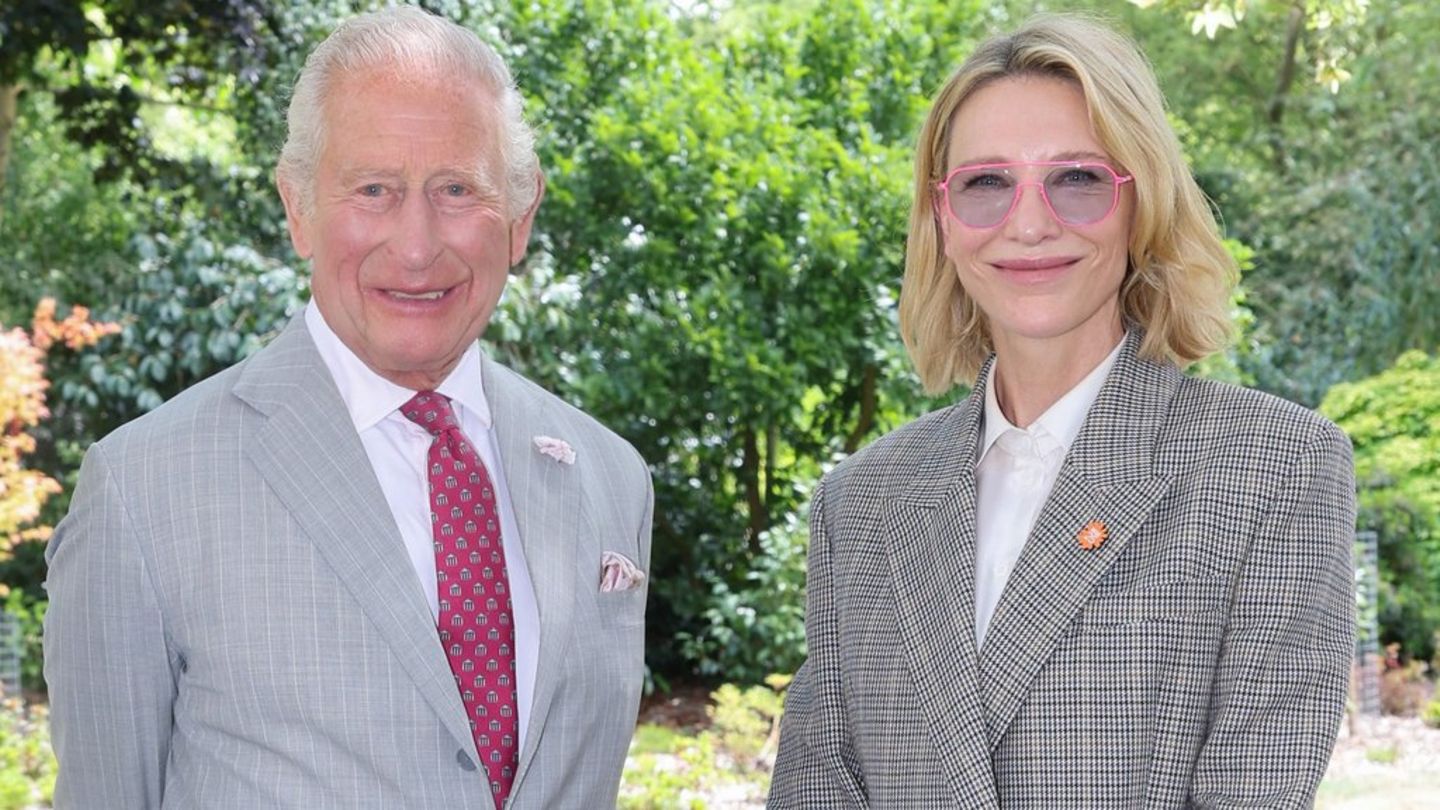The idea that money makes you happy was once thought to have been disproved. However, a new study claims to have found a connection. The results are clear.
Maybe it was just the relief of the average person. When a study a few years ago showed that happiness does not increase with more money for annual incomes of around $75,000 or more, it made headlines around the world. Now a researcher wanted to know more. And lo and behold: more money does mean more happiness. Even – or even – for millionaires.
It’s less about the short-lived happiness of a fleeting moment, for example when you can afford something great. Matt Killingsworth from the renowned Wharton School at the University of Pennsylvania is interested in comparing general satisfaction in life. To do this, he combined a survey of 33,269 employed Americans and two studies on the satisfaction of millionaires. The result is clear.
Millionaires are happier
The higher your income, the more satisfied you are with your life, the figures show. While people with low incomes rate their life satisfaction on average at a 4 on a scale of 1 (very dissatisfied) to 7 (very satisfied) – exactly in the middle – this value increases as income increases. The richest study participants, who had between 3.5 and 7 million dollars in their bank accounts, were also the most satisfied – by far – with a value of 6.
Even Killingsworth himself was surprised by the clarity of the result. “The difference in life satisfaction between the rich and people with a household income of $70,000 to $80,000 a year is almost three times as large as the difference between those with an income of $70,000 to $80,000 and the two lowest income groups,” the researcher explained to the British “Guardian”.
The income range of 70,000 to 80,000 dollars per year is considered the definition of the middle class in the USA. Their satisfaction is therefore much closer to that of the poorest respondents. The rich, on the other hand, are the happiest.
imperium
These companies made Kim Kardashian a billionaire
Money alone does not make you happy – just an empty phrase?
So does happiness only depend on money? No. Killingsworth knows that too, of course. “Money is only one of the factors that determine happiness. A small difference in income only makes a small difference in satisfaction,” he explains. “But if the differences in income or wealth become very large, the differences in happiness can become very large too.”
This was exactly what a study from 2010 seemed to contradict. Two researchers from Princeton University had shown at the time that once basic needs were met and some extra income was earned, the additional happiness that came with more income disappeared. They cited a household income of $75,000 – the value from which Killingsworth was now able to demonstrate a huge jump.
The effect cannot be explained by the fact that inflation means that $75,000 in 2010 is significantly more than the same amount today. After all, the happiest people in Killingsworth’s study have fifty to a hundred times as much.
More money, more freedom
But how does this increased happiness come about? “I think a large part of it comes from the fact that people with more money also have more control over their lives. More freedom to live the way they want.” So money simply allows you to free yourself from worries and unpleasant obligations and to be able to fulfill your potential and enjoy the good things in life.
Killingsworth himself isn’t really interested in money either. “Ironically, I’m mainly interested in happiness because money is actually only a small part of the equation, even though we are already highly motivated to pursue it,” says the researcher. “But it’s possible that we sacrifice other sources of happiness in order to get more money. And that this then reduces our happiness instead of increasing it. Even if money is said to have a positive effect.”
Another question is whether there is an upper limit – after all, even the richest people in the data set are not nearly as rich as, say, Elon Musk. “If there is such a limit, it certainly seems to be significantly higher than a few hundred thousand dollars a year.”
Sources:,,
Source: Stern
I’m Caroline, a journalist and author for 24 Hours Worlds. I specialize in health-related news and stories, bringing real-world impact to readers across the globe. With my experience in journalism and writing in both print and online formats, I strive to provide reliable information that resonates with audiences from all walks of life.




